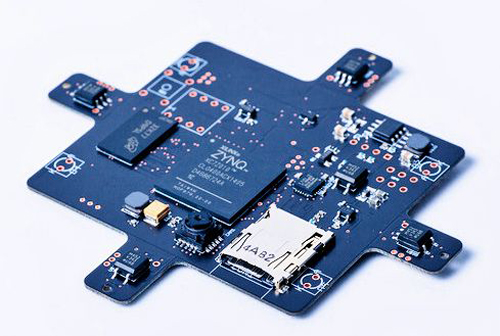What is the manufacturing process for drone circuit boards?
1、 Material preparation
Before making a drone circuit board, the necessary materials must be prepared first. This includes printed circuit boards (PCBs), electronic components, soldering equipment, etc. Printed circuit boards are the foundation of drone circuits and can be purchased or designed and manufactured by oneself. Electronic components include resistors, capacitors, LEDs, etc., which can be purchased according to one’s own needs. Welding equipment includes welding iron, soldering tin, welding table, etc. It is necessary to choose tools that are suitable for your own use.
2、 Design circuit diagram
After preparing the materials, the next step is to design the circuit diagram. The circuit diagram is the blueprint for the wiring of the drone circuit board, which determines the connection method and working principle of the circuit. Circuit design software such as Eagle and Altium Designer can be used for circuit diagram design, as well as hand drawn circuit diagrams. When designing a circuit diagram, it is necessary to consider factors such as the functional requirements, component layout, and signal transmission of the circuit to ensure its stability and reliability.
3、 Printed circuit board
After completing the circuit diagram design, the next step is to convert the designed circuit diagram into an actual printed circuit board. There are two methods to make printed circuit boards: chemical etching and mechanical milling. The chemical corrosion method requires the use of specific corrosive agents and copper salt solution to print circuit diagrams on copper sheets and remove excess copper layers through corrosion. The mechanical milling rule uses a CNC milling machine to directly mill and engrave the circuit diagram onto the copper plate. Regardless of the method used, it is necessary to pay attention to safe operation to avoid harm to people and the environment.
4、 Welding components
Printed circuit boards will have solder pads, and electronic components need to be connected to the solder pads through soldering. Welding is the process of fixing electronic components and circuit boards together. During the welding process, first apply the solder evenly to the solder pad, then heat the solder with a soldering iron to melt it, insert the electronic components into the solder pad, and use a hot air gun or soldering iron for welding. After welding is completed, it is necessary to check whether the solder joints are even and firm to ensure the reliable connection of the circuit.



